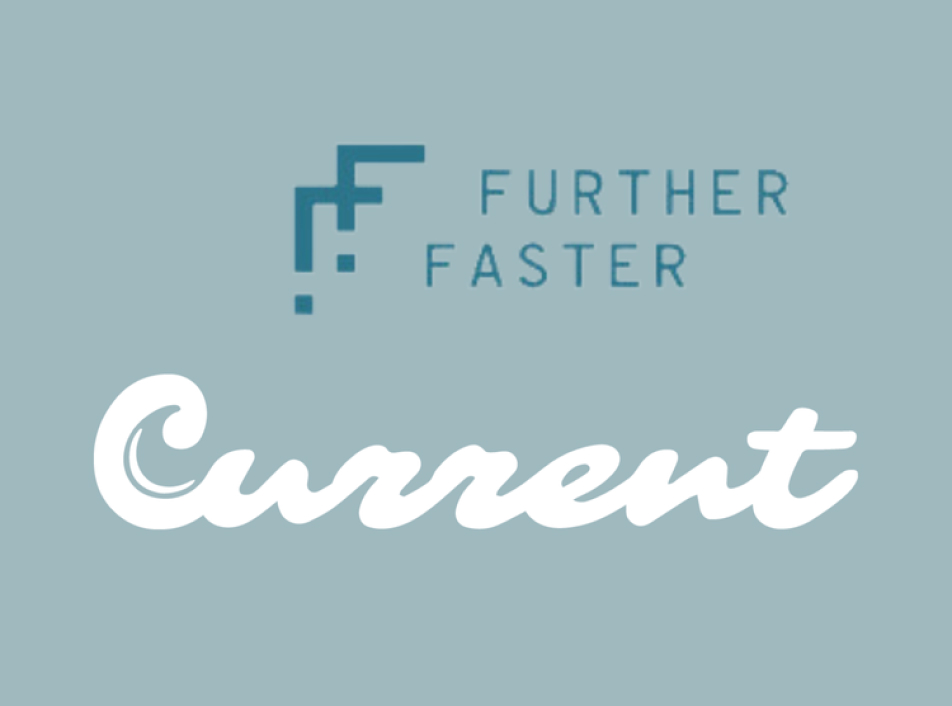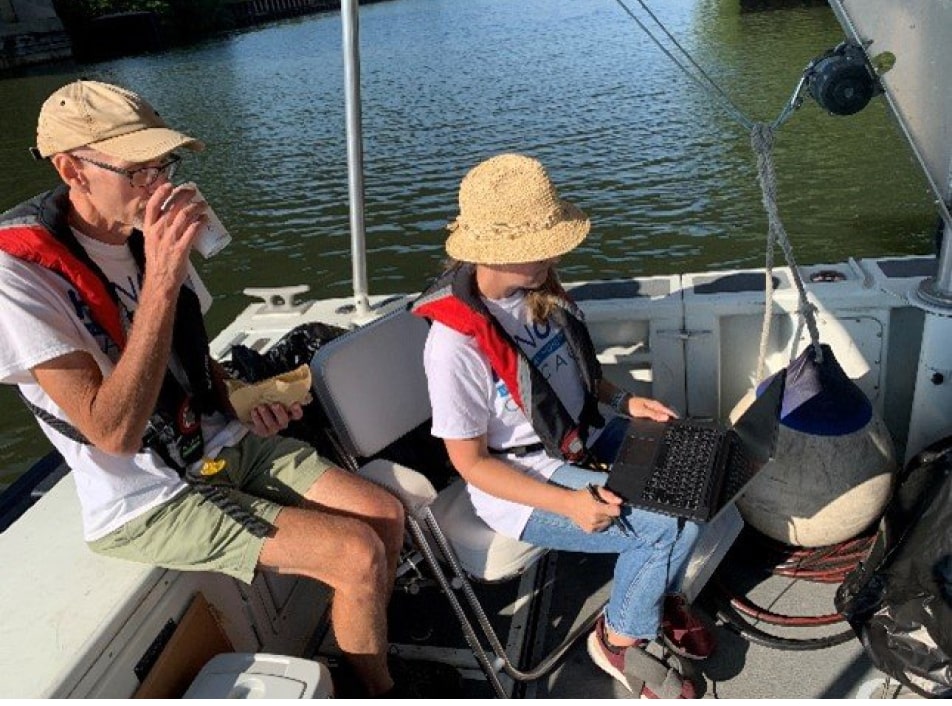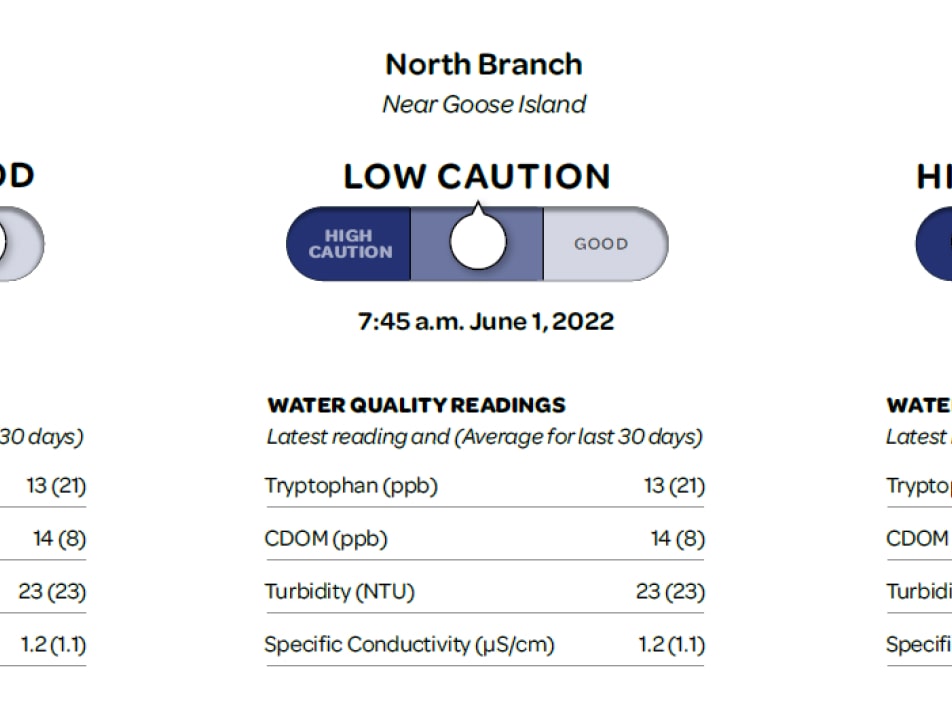The Great Lakes hold more than 20% of the Earth’s (84% of North America’s) surface fresh water and are arguably the country’s most valuable resource. These bodies of water form the big blue heart of an economic powerhouse – if the Great Lakes region were its own country, it would be the third-largest economy in the world. Protection of these critical resources from the complex array of threats they face — from increased annual precipitation and persistent pollution to invasive species — demands a sophisticated and collaborative response.
- The Smart Great Lakes Initiative (SGLi) aims to build a foundational piece of that response: a connected information ecosystem with high-quality data about the health of the Great Lakes. A project of the Great Lakes Observing System (GLOS), SGLi convenes researchers, policymakers, technologists, and civic partners to overcome the limitations of single-use, disposable data, the high costs of technology, and barriers to data sharing. With recent advances in information technologies, communication pathways, processing workflows, dissemination and visualization tools, more and richer data is available to Great Lakes problem solvers than ever.
- On April 21, Current co-hosted an SGLi workshop in partnership with GLOS, the Cleveland Water Alliance (CWA), and the Council of the Great Lakes Region (CGLR). Like last year’s event in Toronto this convening brought over 60 scientists, researchers, innovators, and business leaders together to learn from projects underway in the region – GLOS’s Great Lakes Buoy Portal and SEAGULL platform, Current’s H2NOW Chicago, and CWA’s Smart Lake Erie – and efforts to link them to improve our understanding, management, and use of the Great Lakes. You can view the full event here.
- As individual projects, these efforts are powerful. But a more connected information ecosystem for the Great Lakes could ramp up the region’s ability to monitor, manage, and respond to a variety of interconnected challenges. Under the broader Smart Great Lakes Initiative vision, new technology platforms would be coupled with common policy goals to enable technology innovation, data gathering, improved monitoring, and greater bi-national collaboration.




